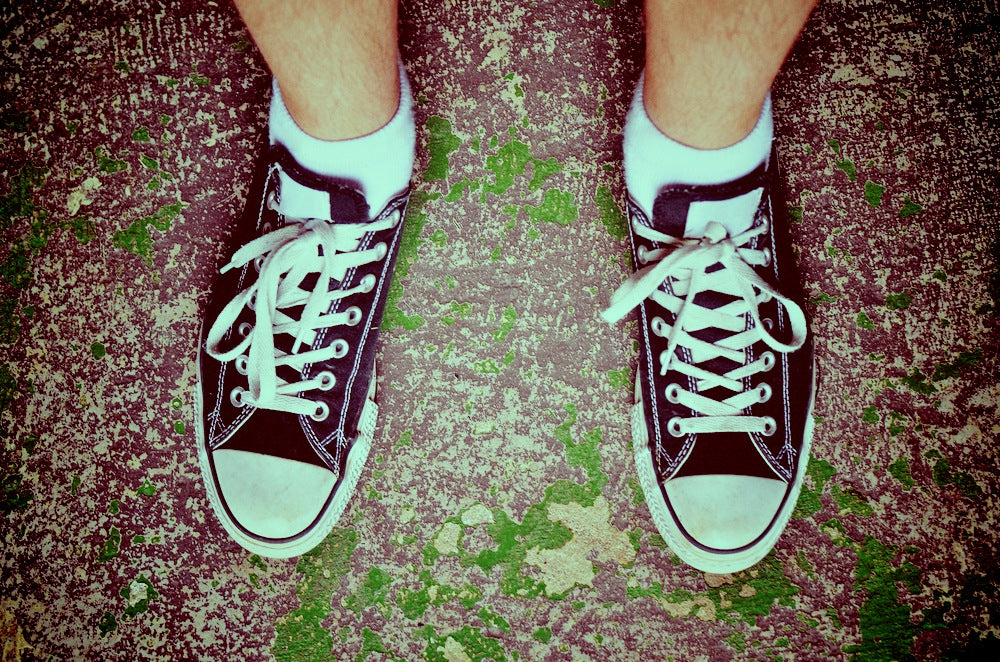
The Skill Of Thinking On Your Feet
Do you know how your stomach feels after coming off a loopy loop roller coaster? Yeah, that’s how I suddenly found myself feeling.
It was 9:30 when I was ambushed. My boss decided to have a budget meeting to finalize our new budgets. The staff meeting was to begin at 10:00 AM, which meant I had 30 minutes to think about 12 months of “potential” ministry needs.
Did I feel befuddled? Yes. (More like “snipered.”)
This is an example of a situation where I had to think on my feet. Call ne crazy, but I always like to watch how others react when they’re caught off guard, like I was. It’s instructive.
So often we see it in interviews with politicians, athletes, or people in the cultural limelight. In these situations, I always watch to see if people will be able to hold their tongue. Or will they try to “duck & cover”? Will they over-talk, leading to more questions or accusations?
Have you ever really thought about how you respond when you're caught off-guard? When you have to think on your feet?
Anyone in a leadership position has probably had dozens of these moments where they have had to think fast. Even for the most experienced, it can be awkward and uncomfortable. I consider myself to be fairly confident, and feel like I handle things well in these moments. But that doesn't mean there aren't times where I don't get frazzled.
I've learned along the way what NOT to do.
I used to over-talk, or employ the “let me get back to you” response (which isn’t always a bad idea, unless it’s a stall tactic). But over time, I worked to get better at thinking on my feet. Here are some of the habits I’ve learned.
Breathe
Most people in even mild stressful situations have a quick rise in heart rate. Taking a deep breath allows me to stay calm. This helps especially if the person or party I am dealing with isn't calm.
Listen for the real question
Often the question I hear people asking isn’t really the question they want answered. Train yourself to hear the motive and/or emotion behind what’s being said, not just the words themselves.
Give short, direct answers
In a “think on your feet” situation, I answer a question with the most direct, succinct answer possible. Why? Because it leads the other individual to ask more questions. (Which is a great way to listen for the real question.)
Set up an appointment
I’ve noticed that many times when I’ve been caught off-guard, it’s come in the midst of “something else.” Shopping at Target, leaving one meeting & moving to another, finishing up coaching a child’s sports game . . . People assume to themselves ”this is a good time for me, it must be good for him.” It’s tough, but with few exceptions, I try to not let others dictate when we’ll have tough or pointed conversations. I’ll try as much as possible to schedule a time to talk where full attention can be given to the matter at hand.
Watch your body language
Be present with your eyes, ears, and posture. Don’t glance at your phone. Don’t shuffle papers. Don’t finish sending that email. Be present in the conversation with eyes, ear, and heart.
So, these are my tips for handling a “think on your feet” situation. What are yours?




Leave a comment